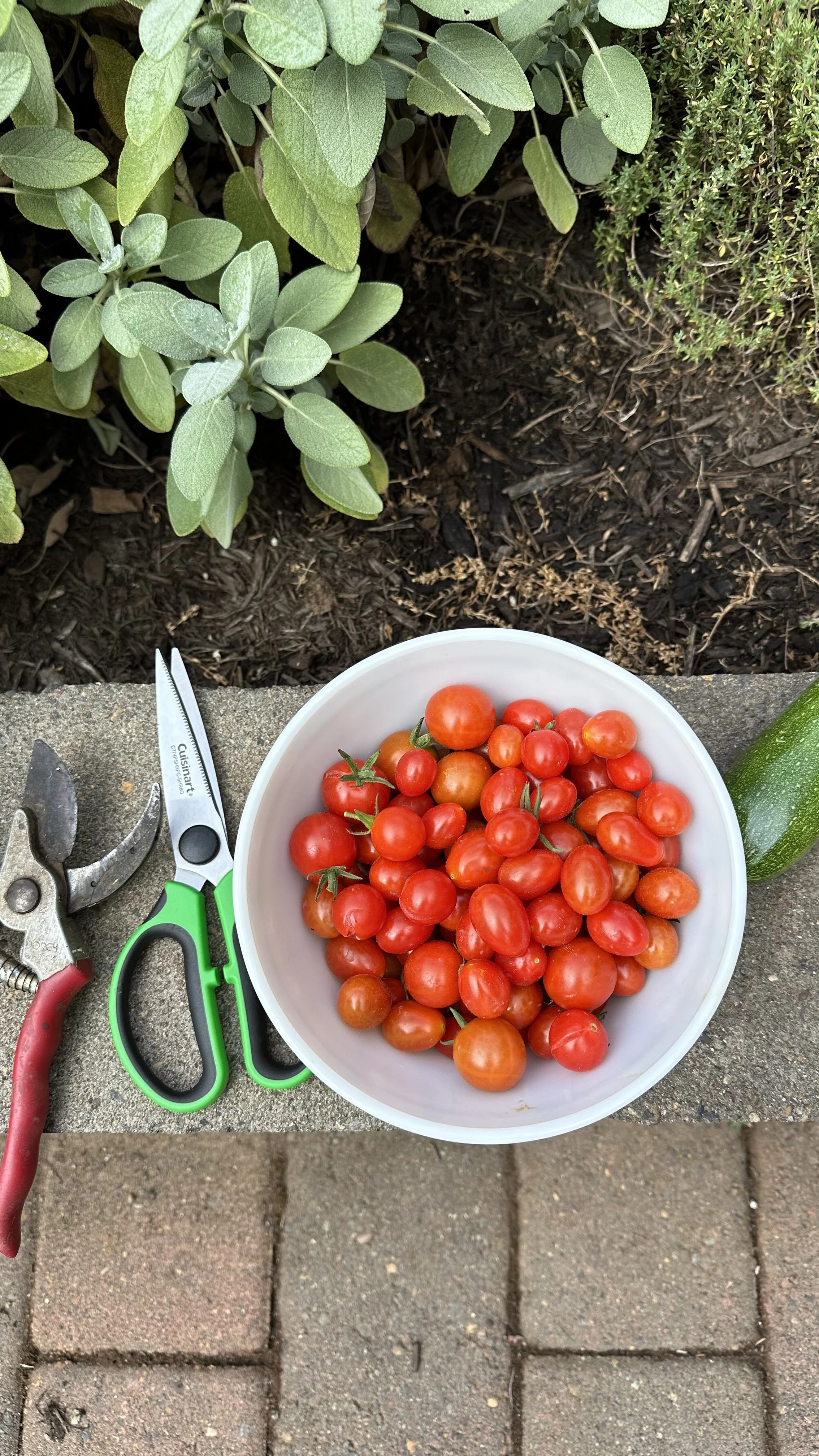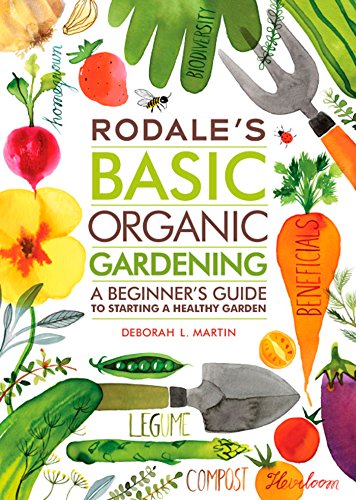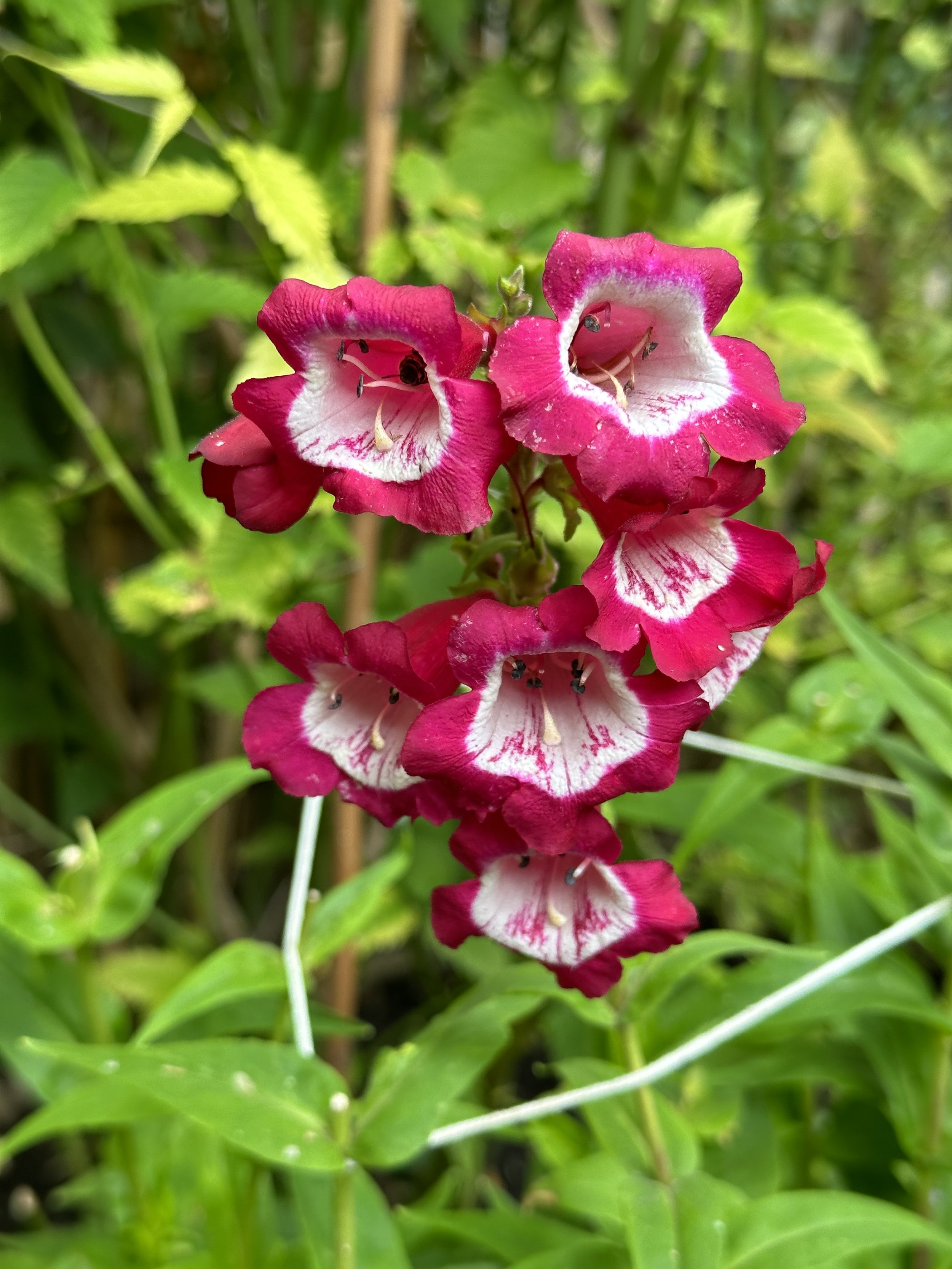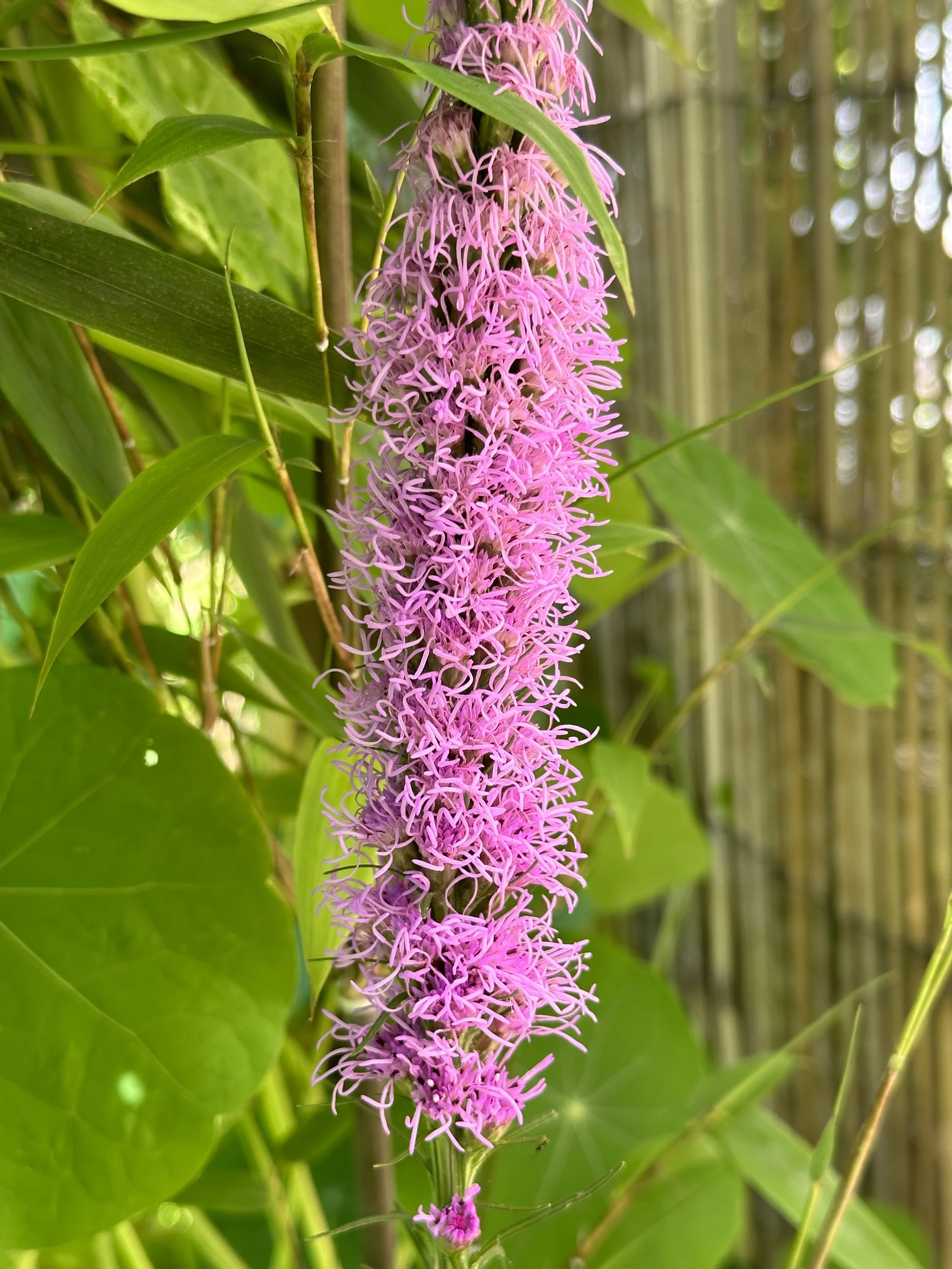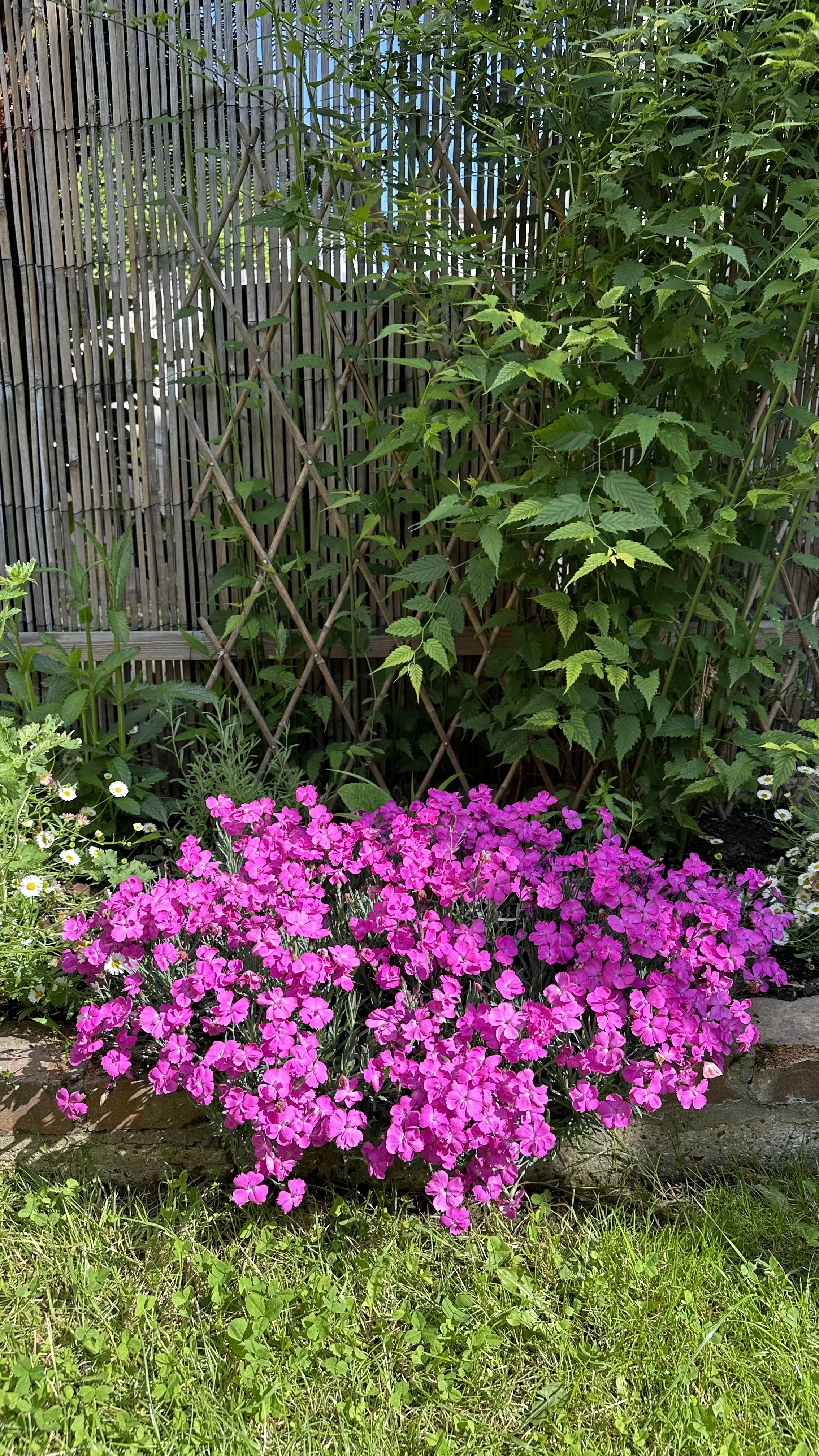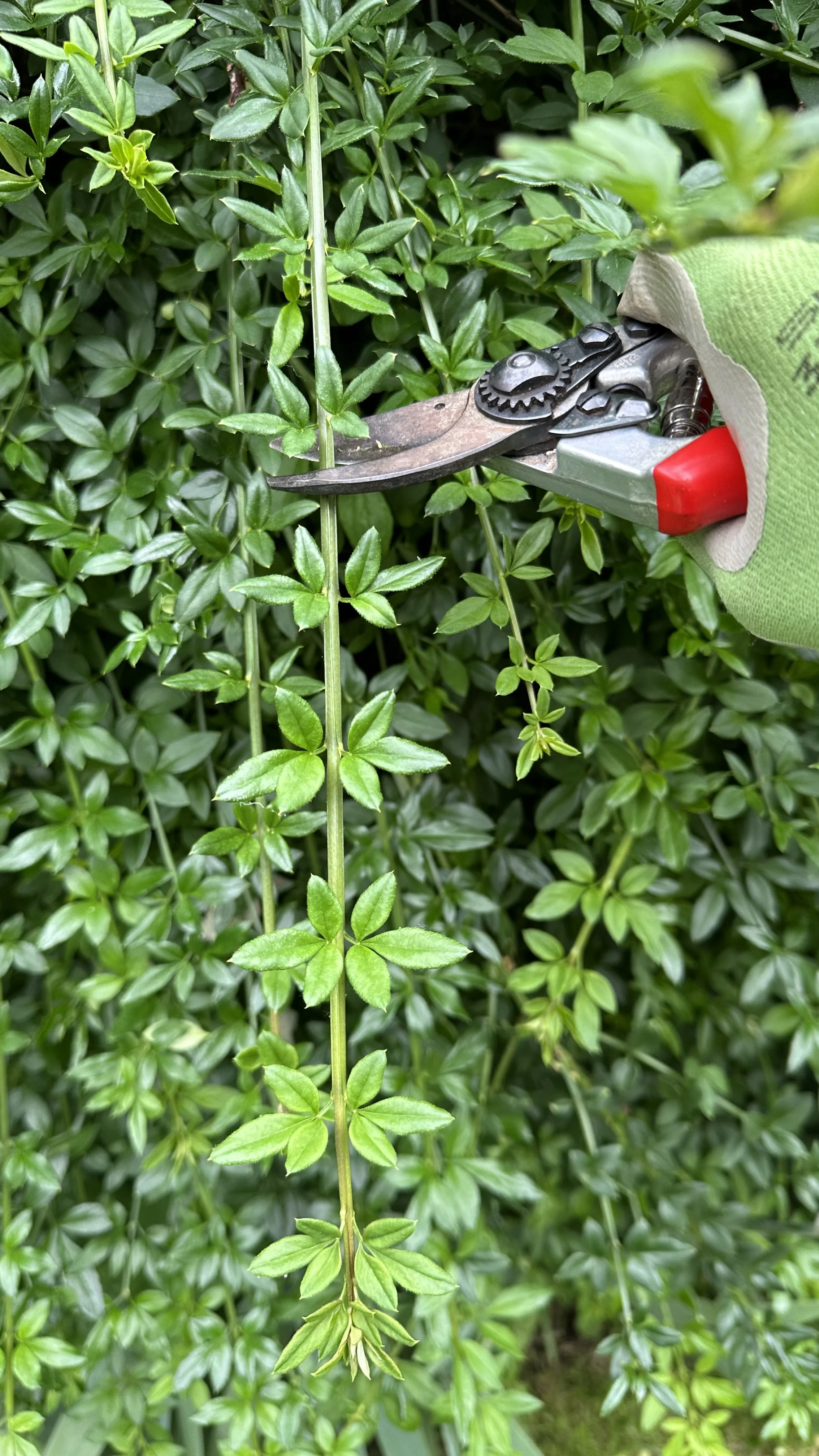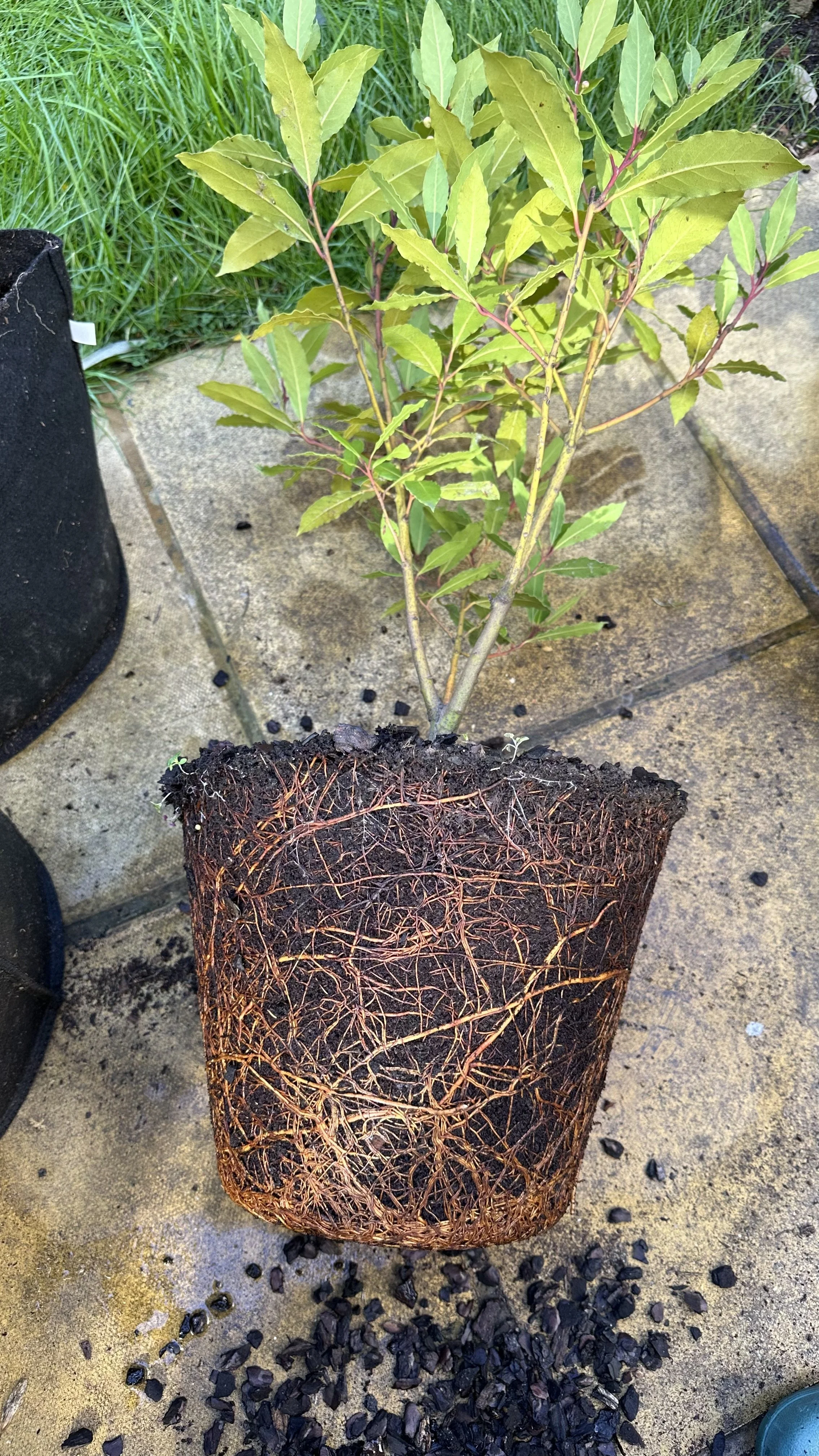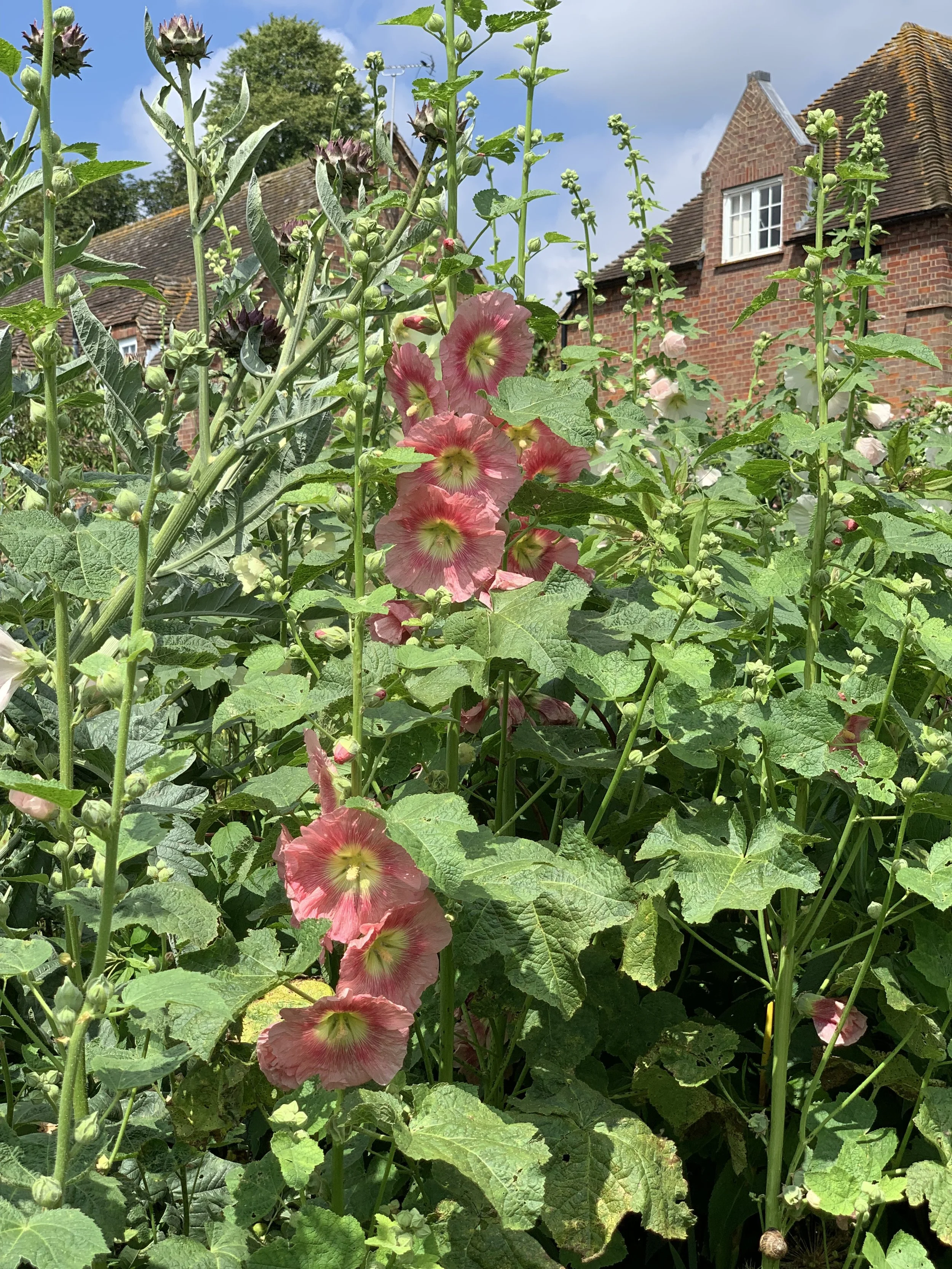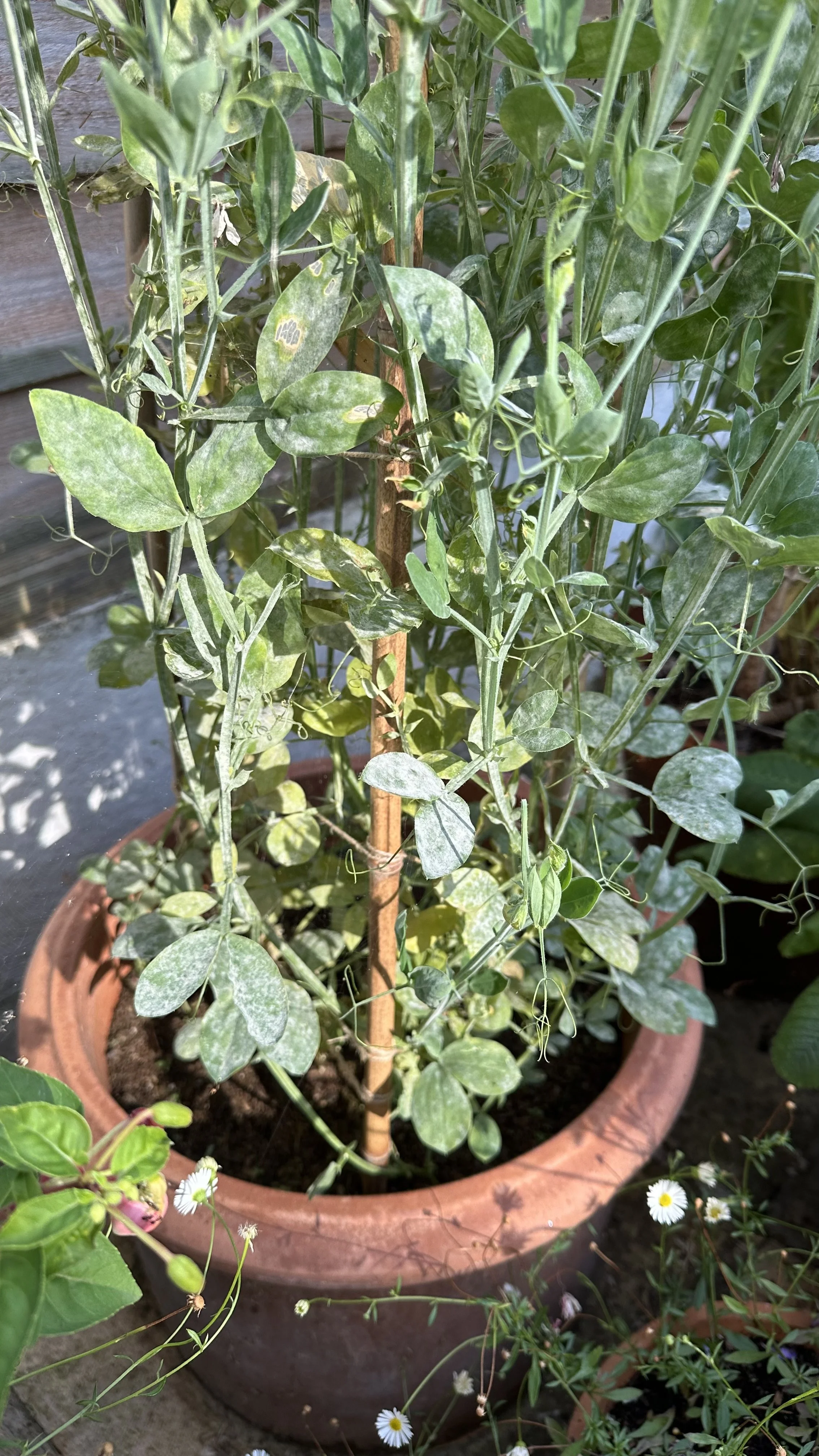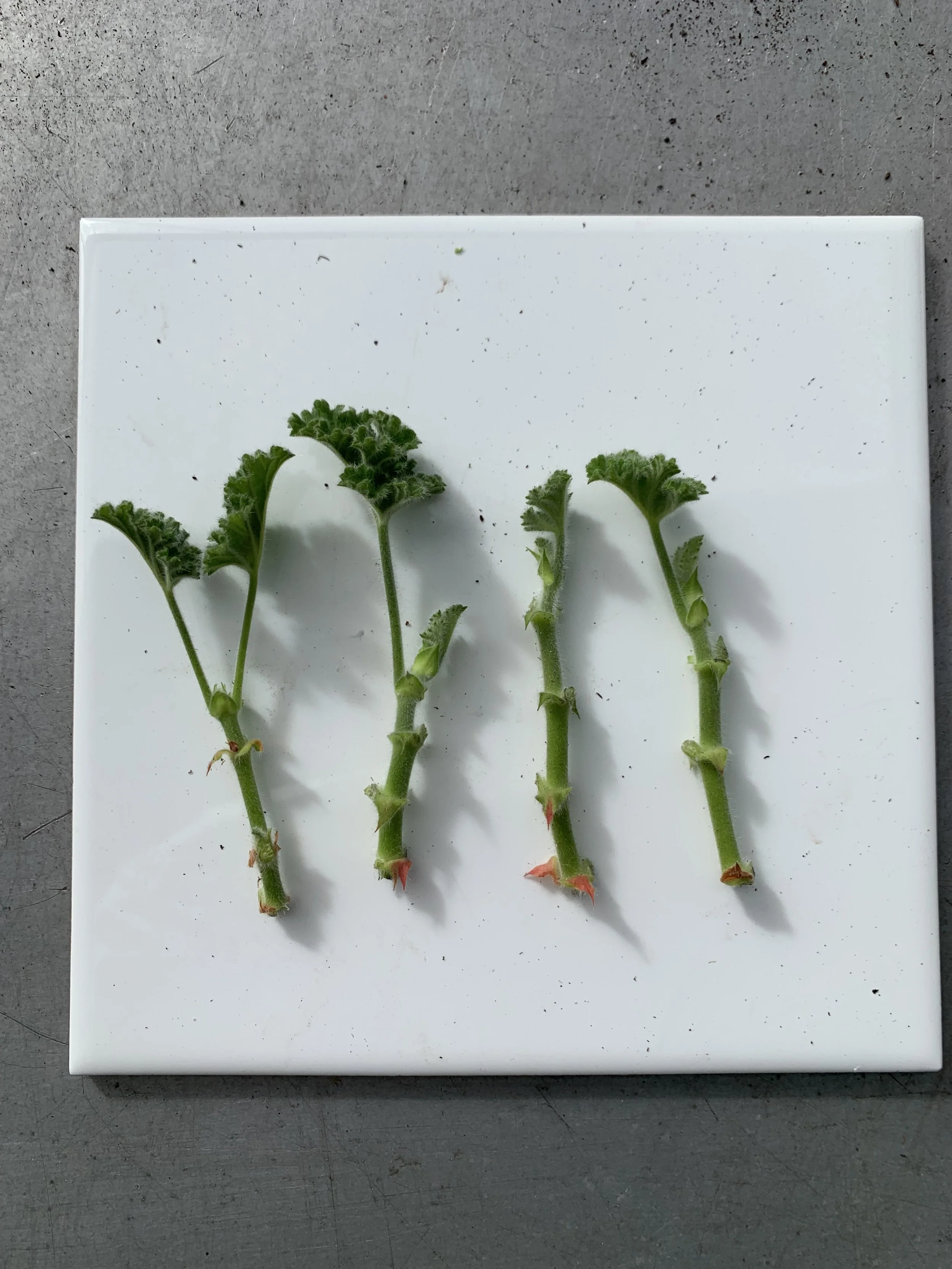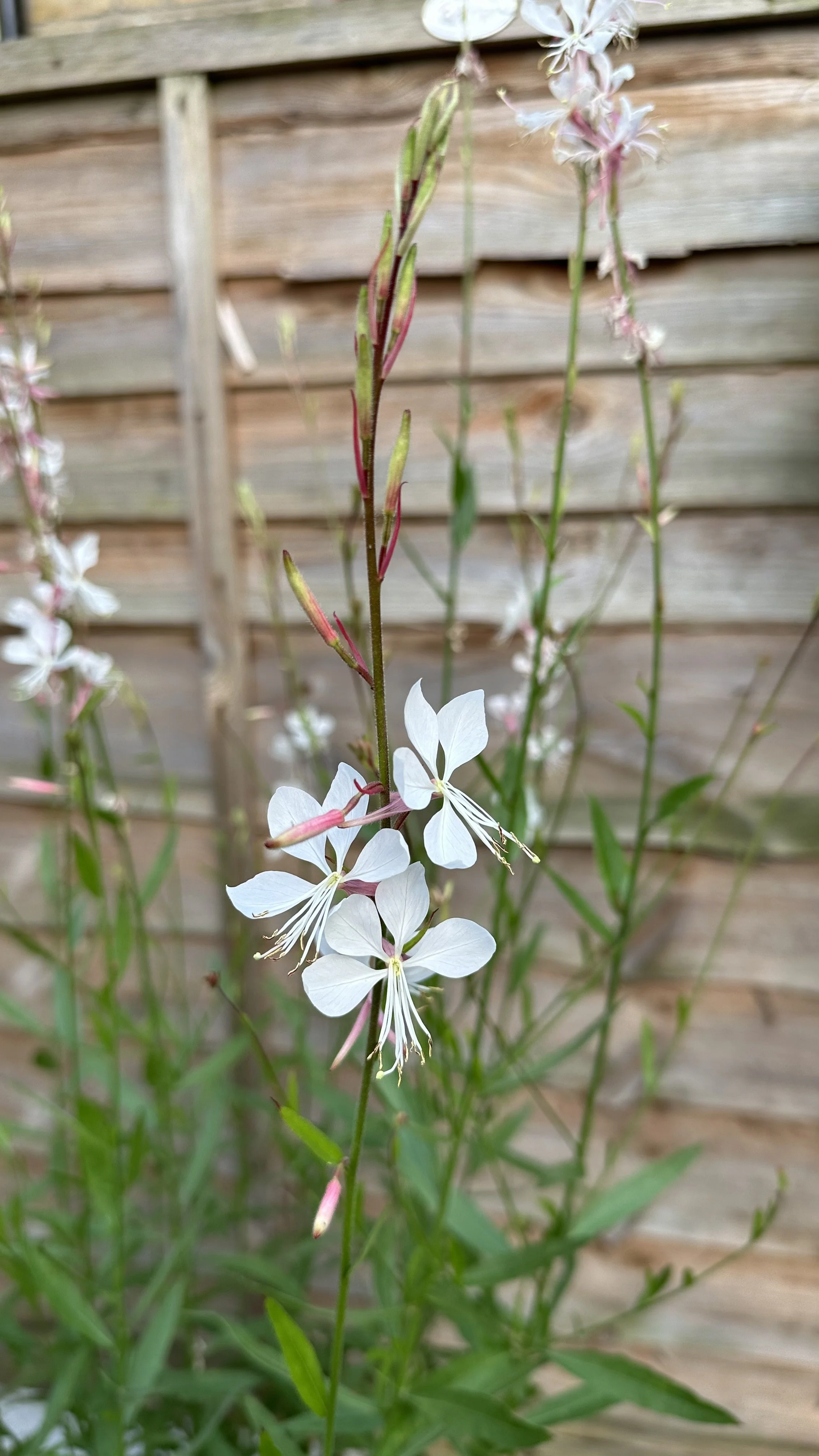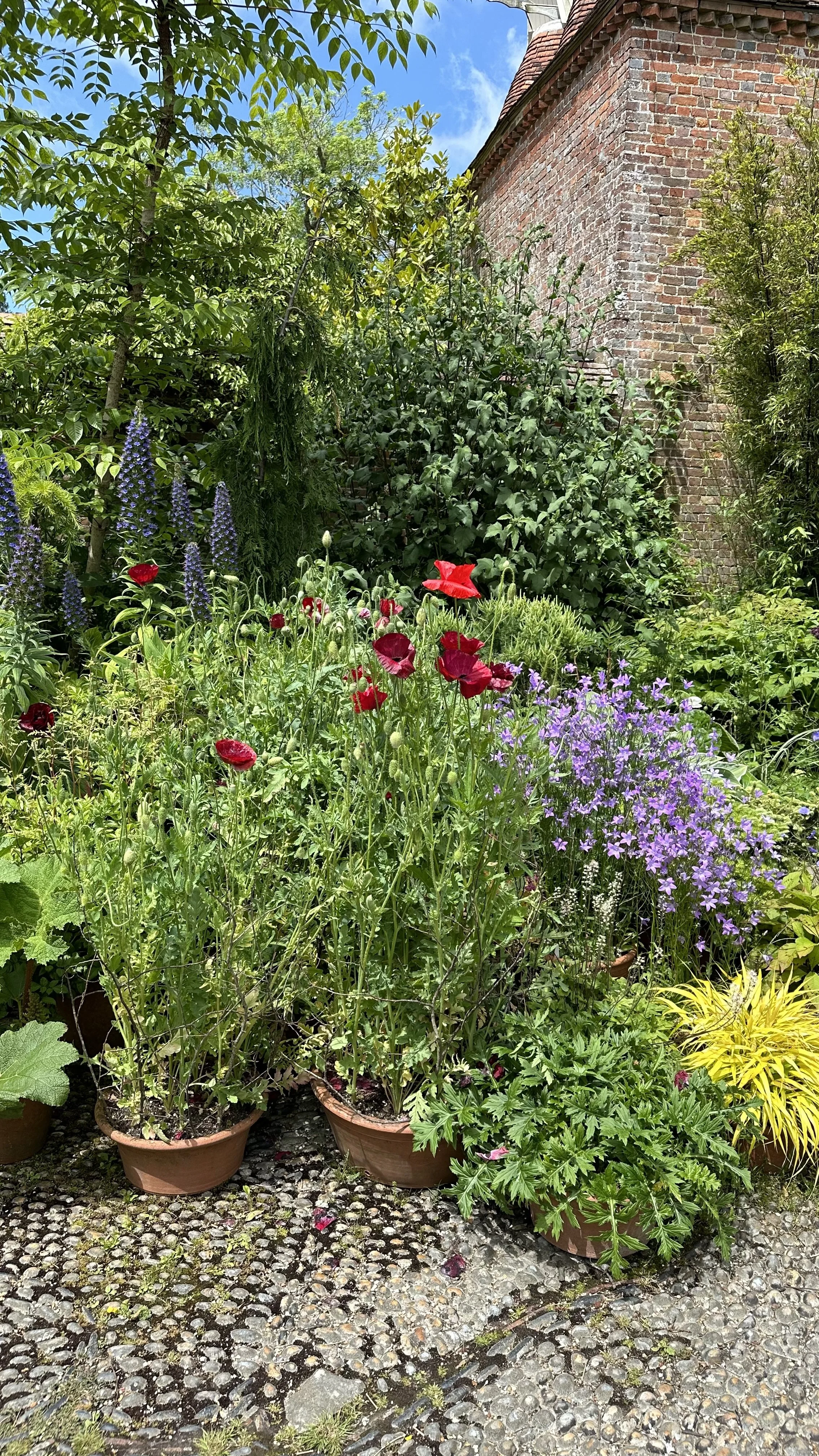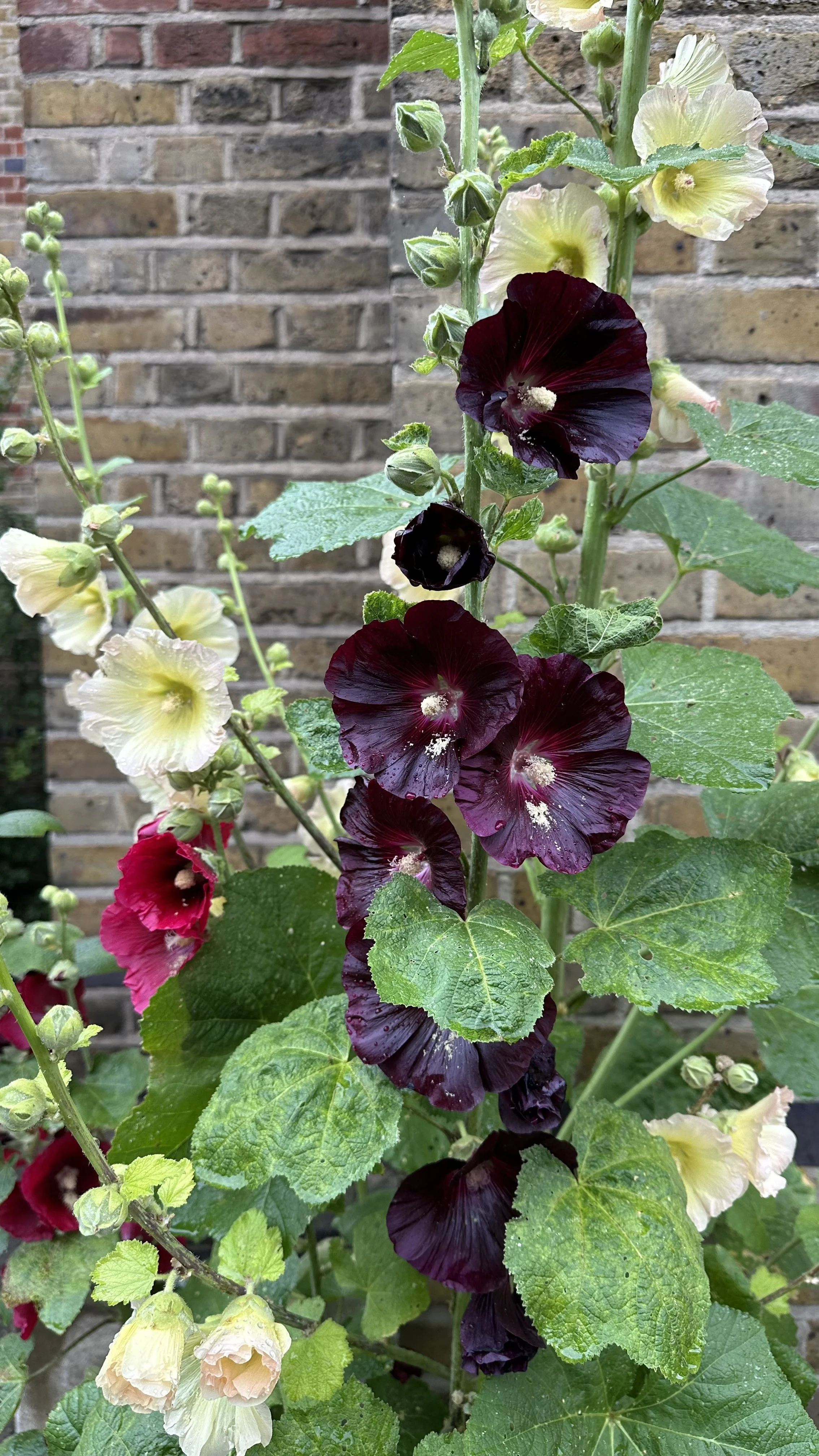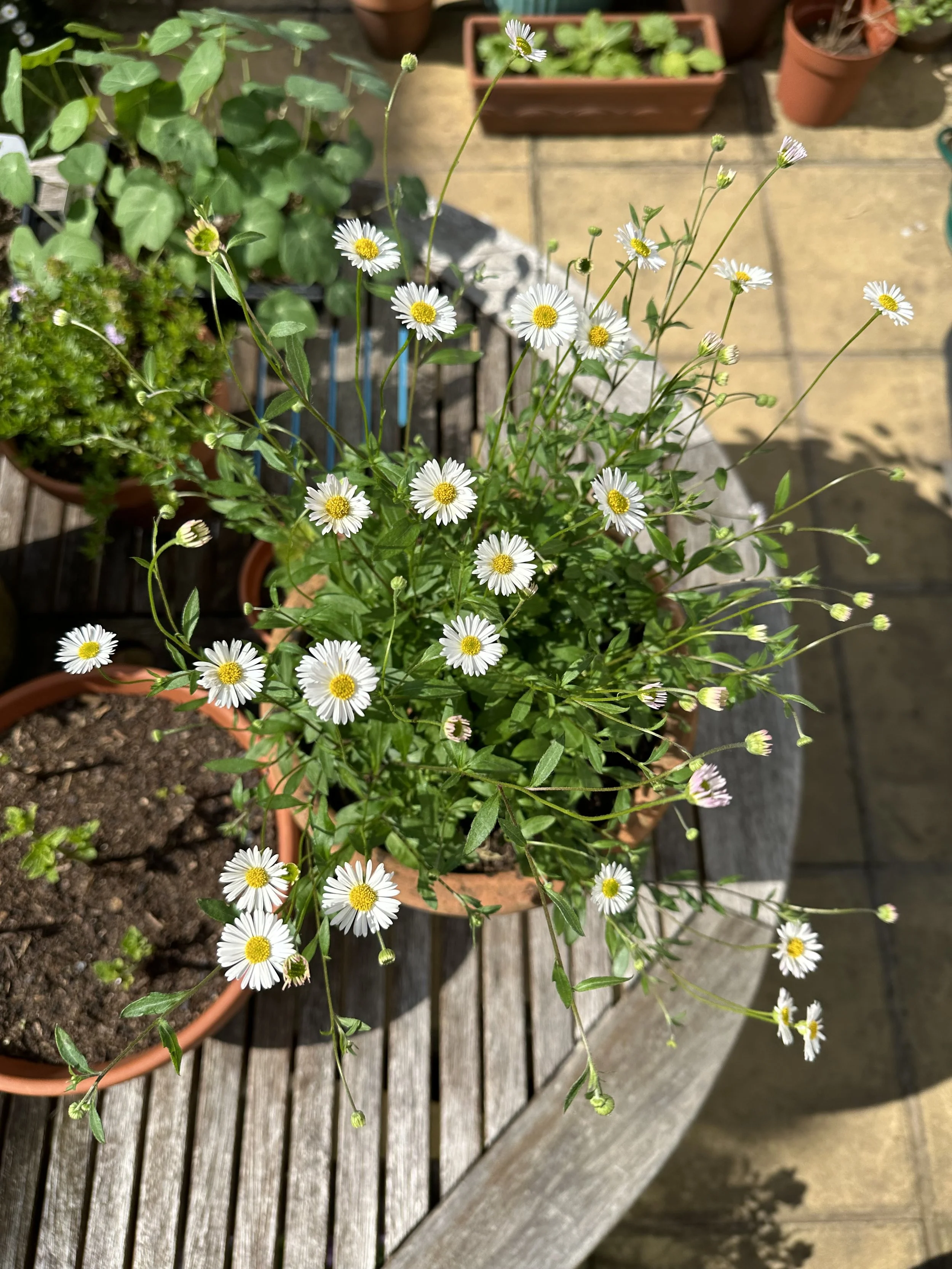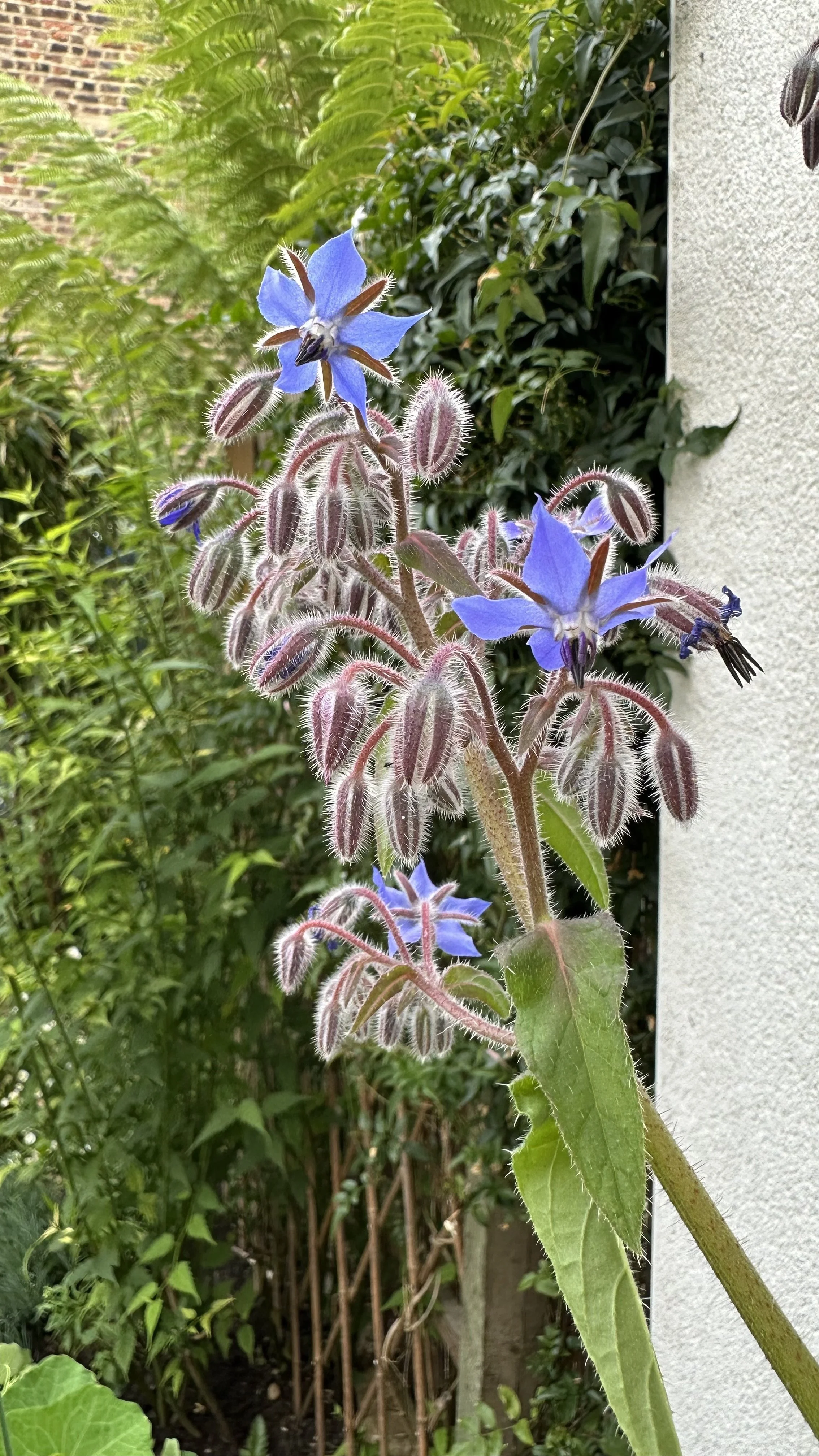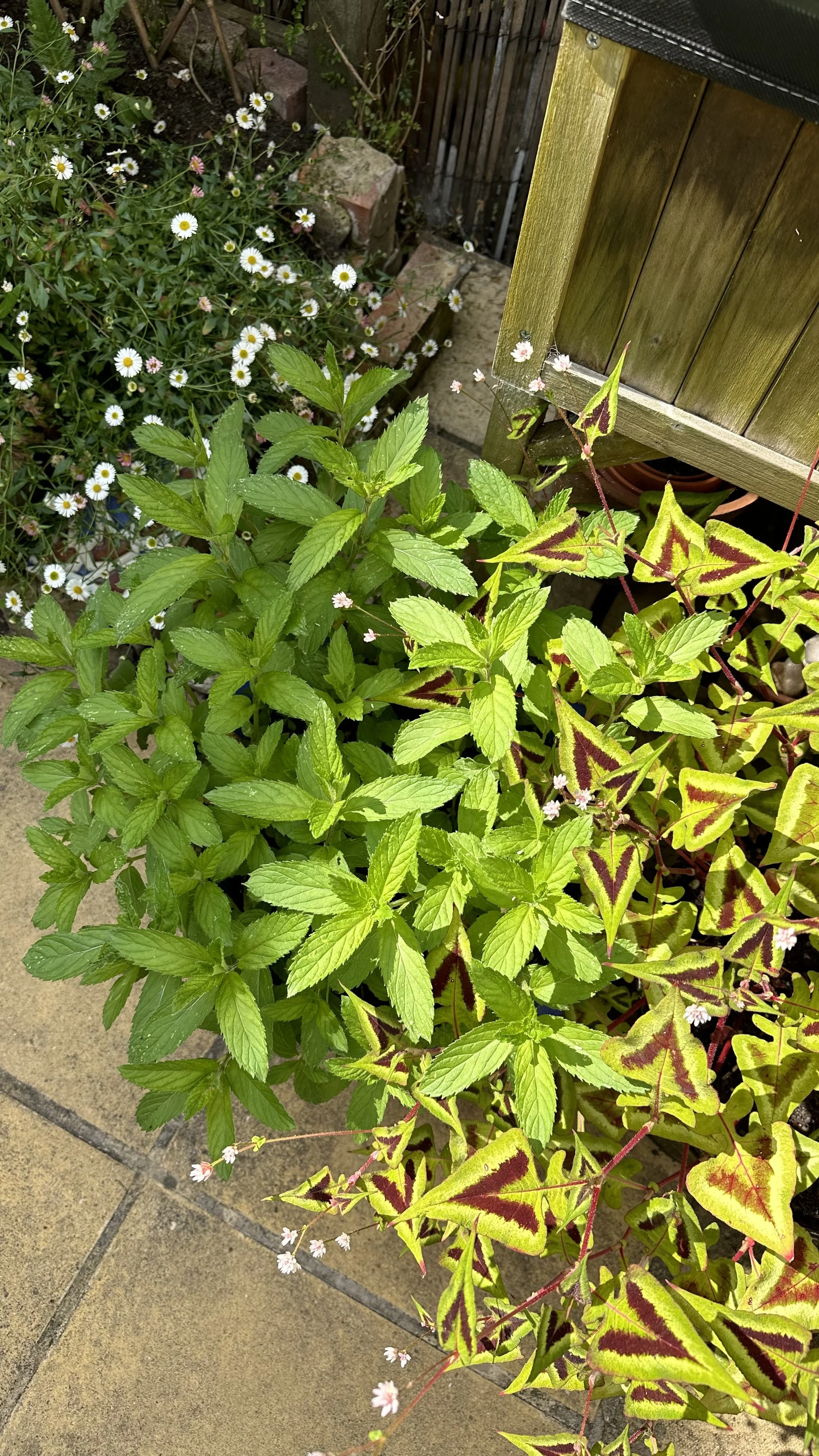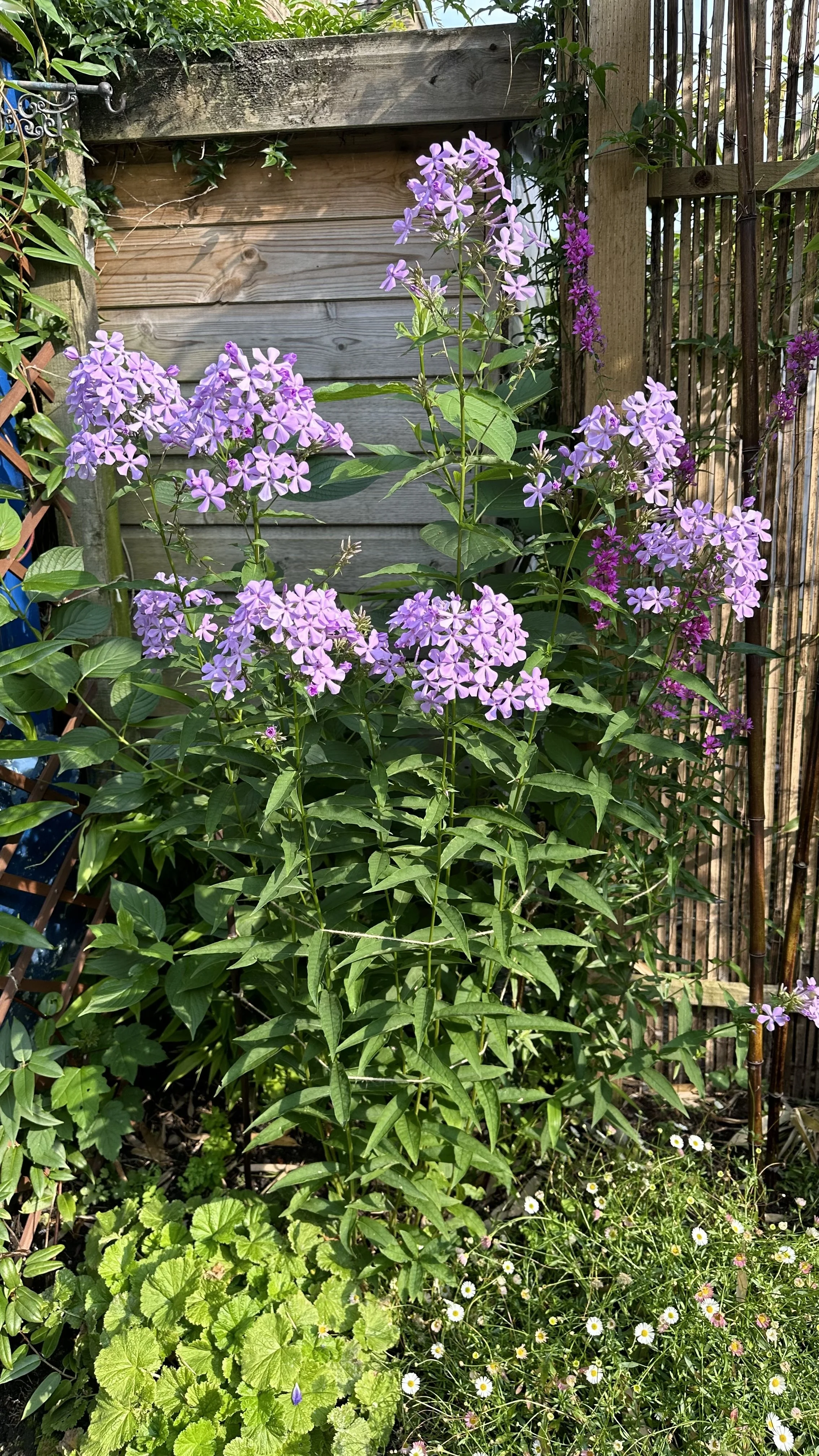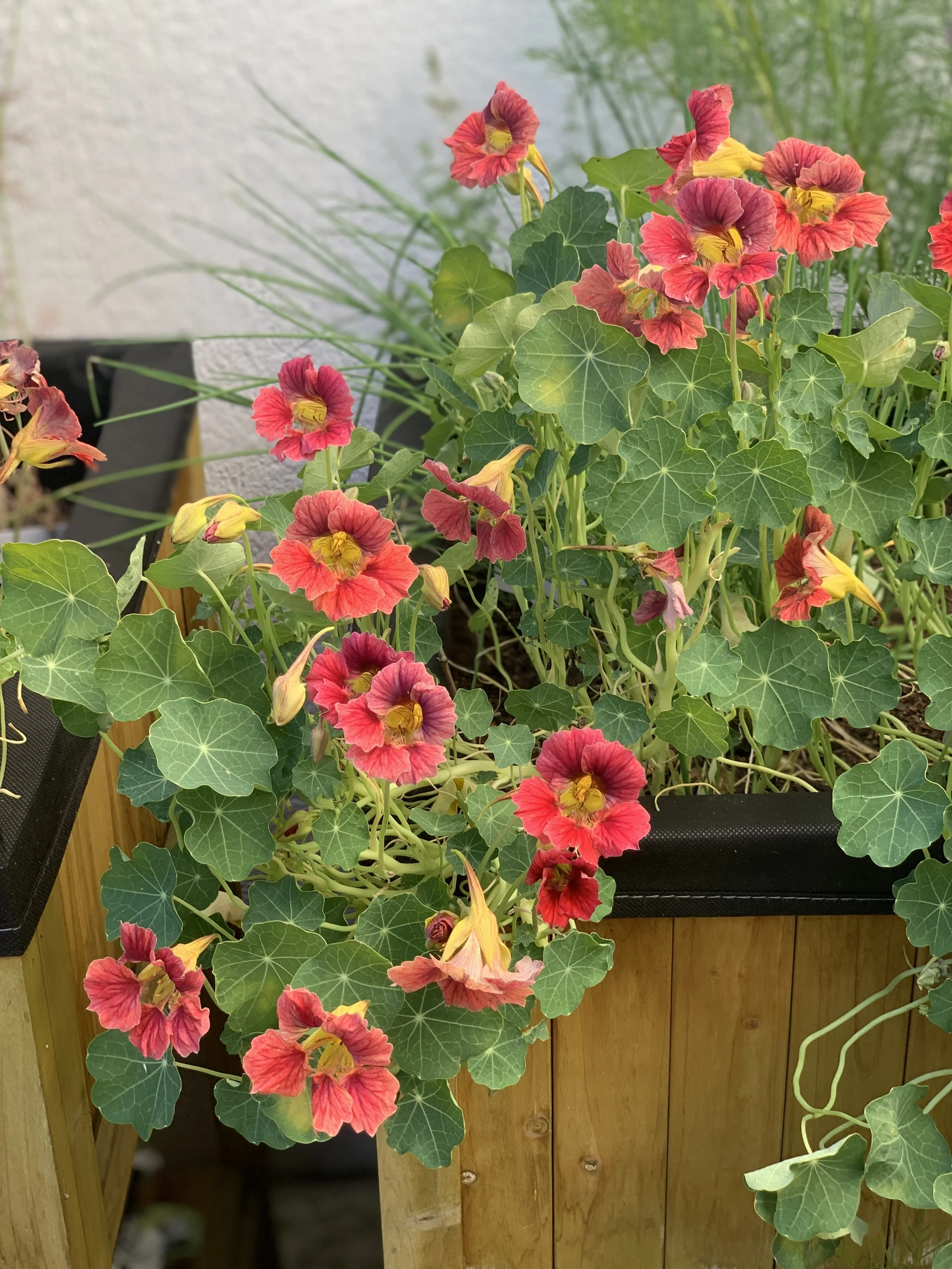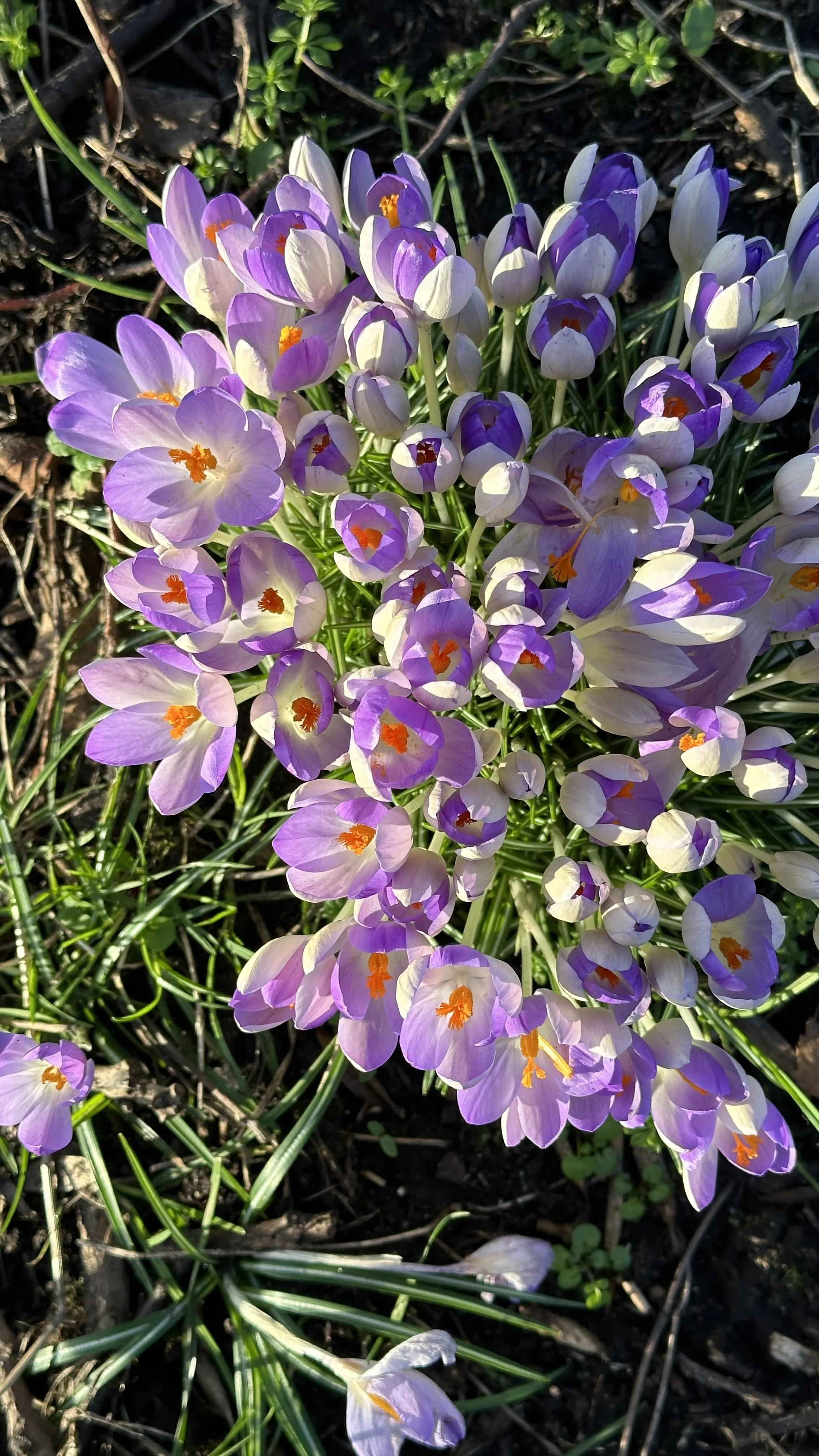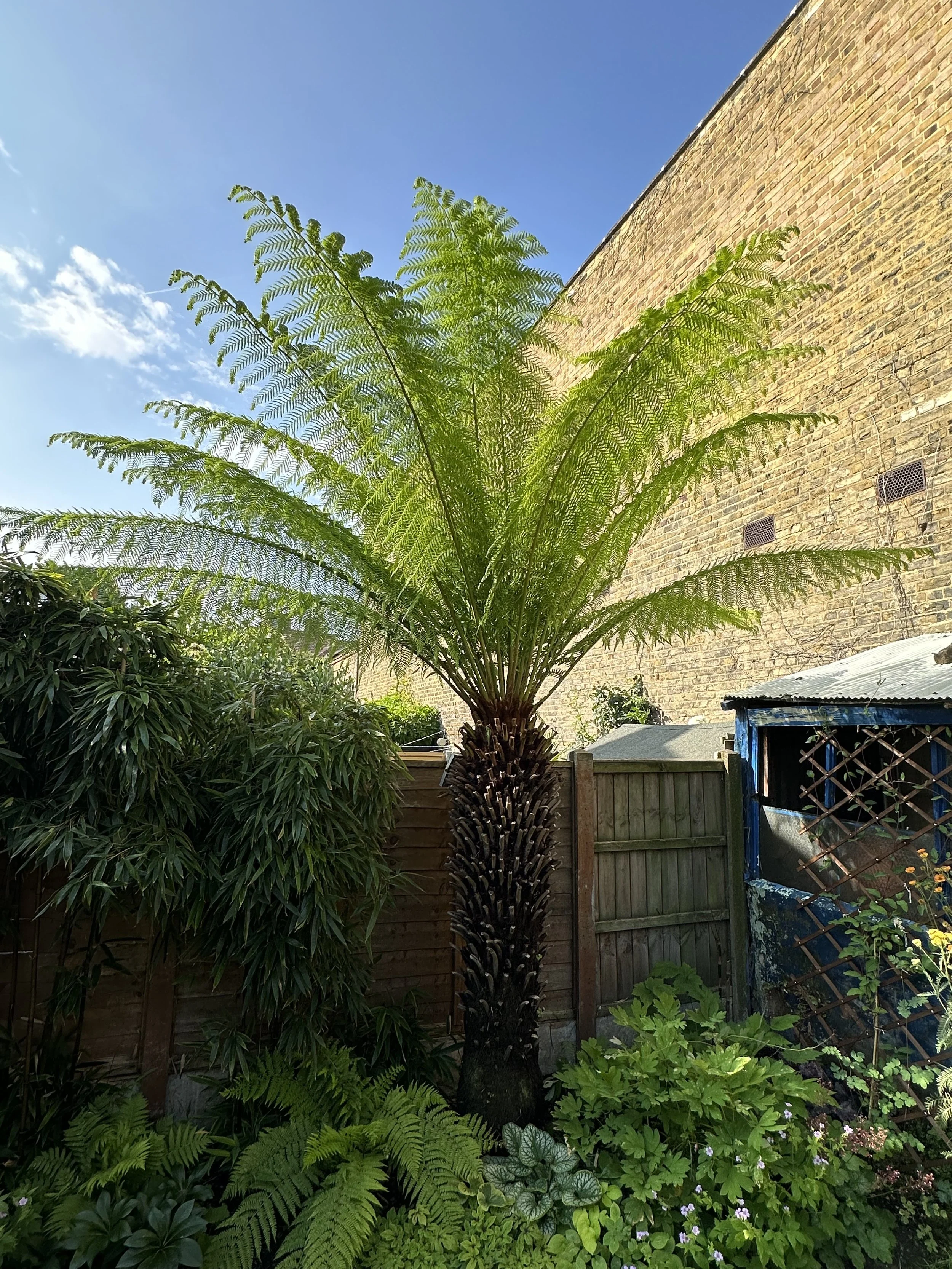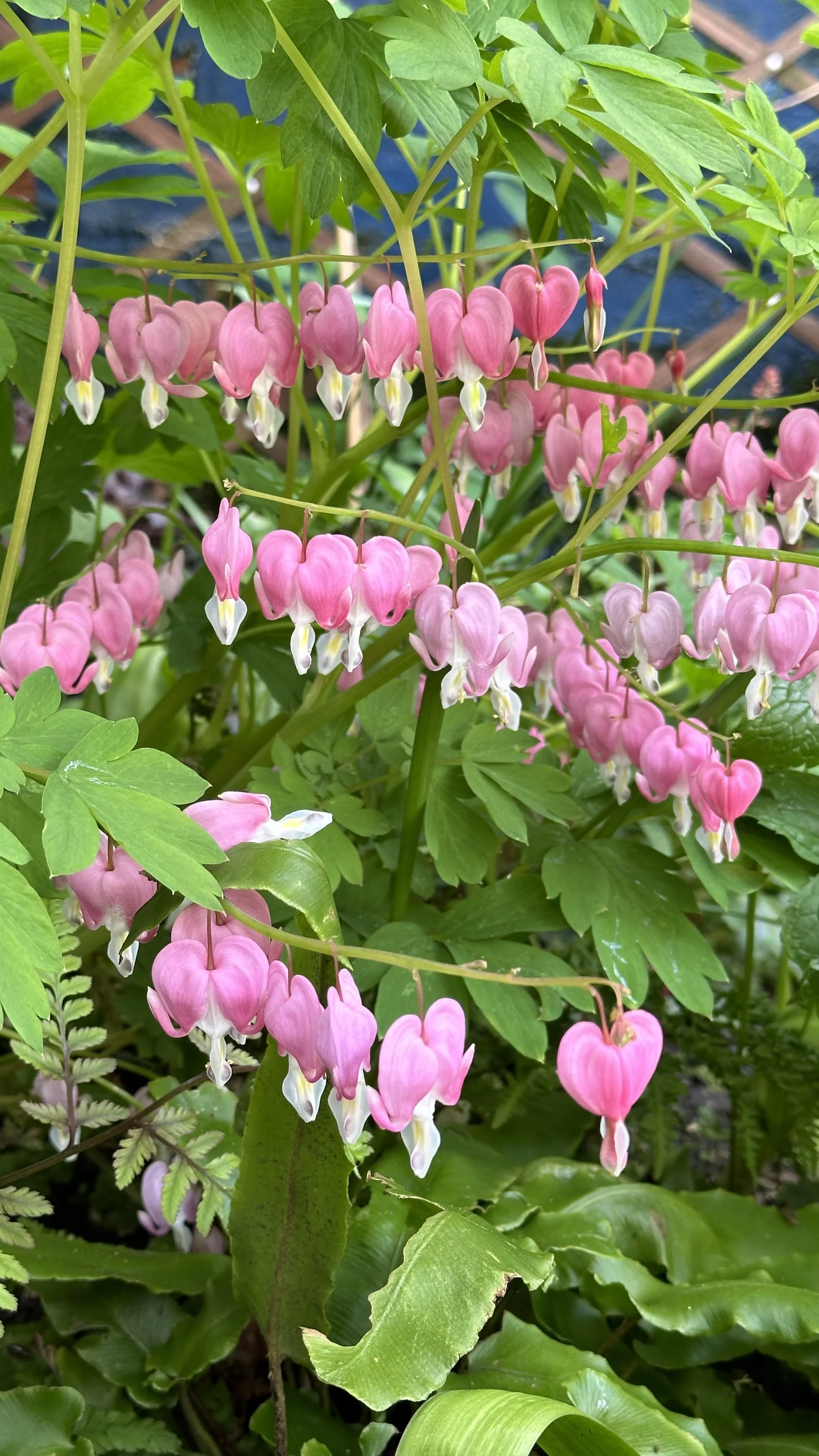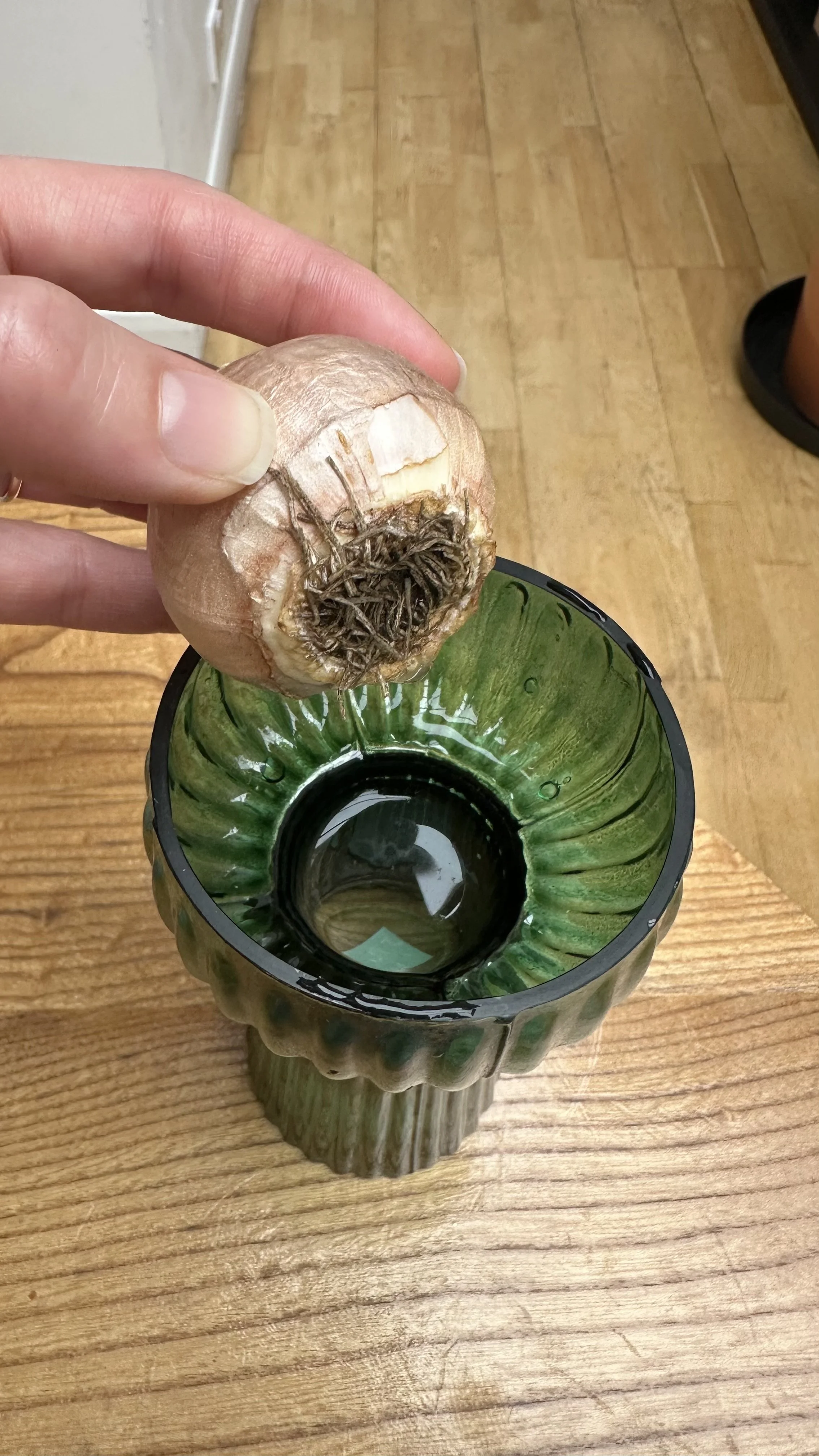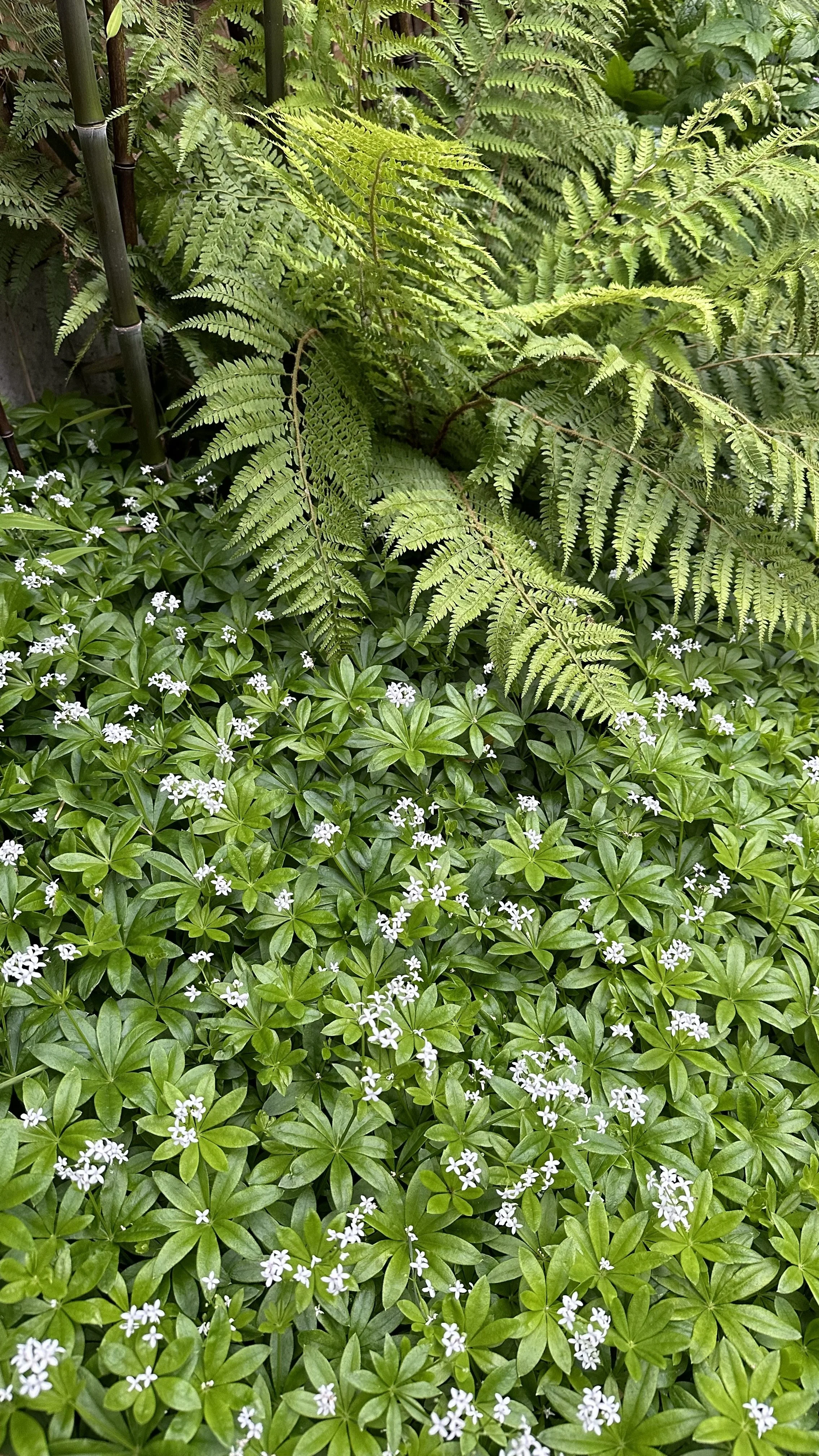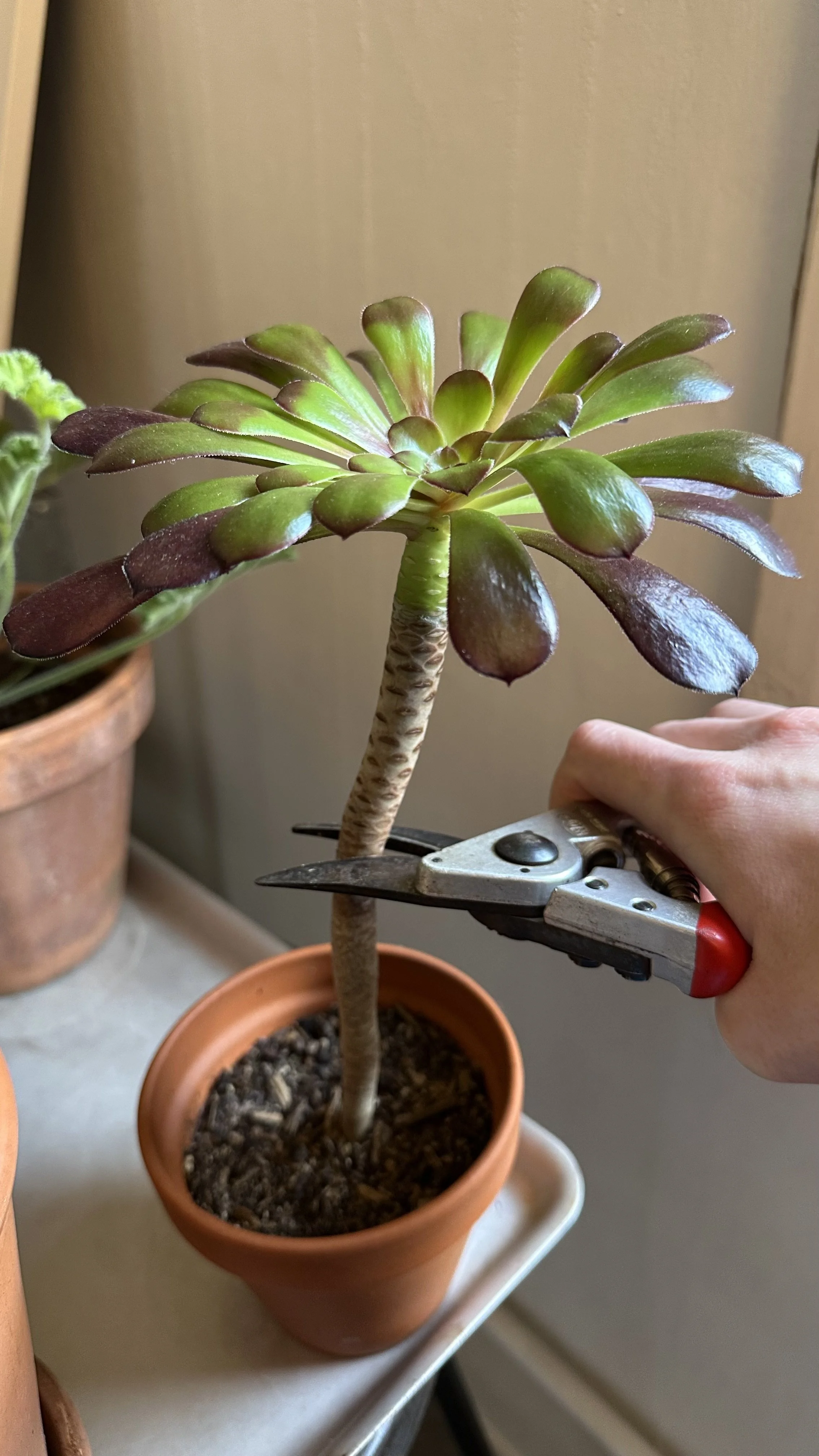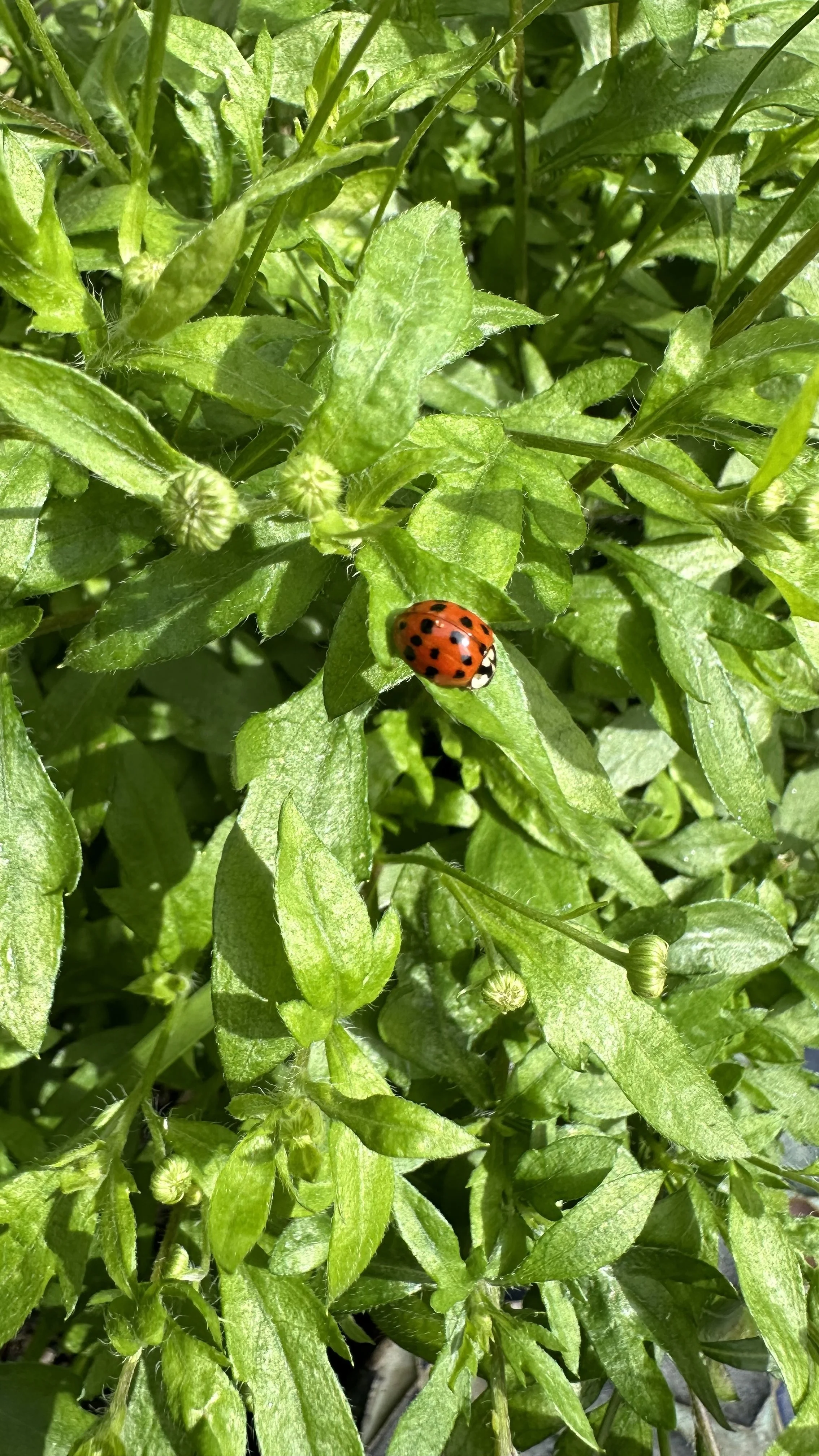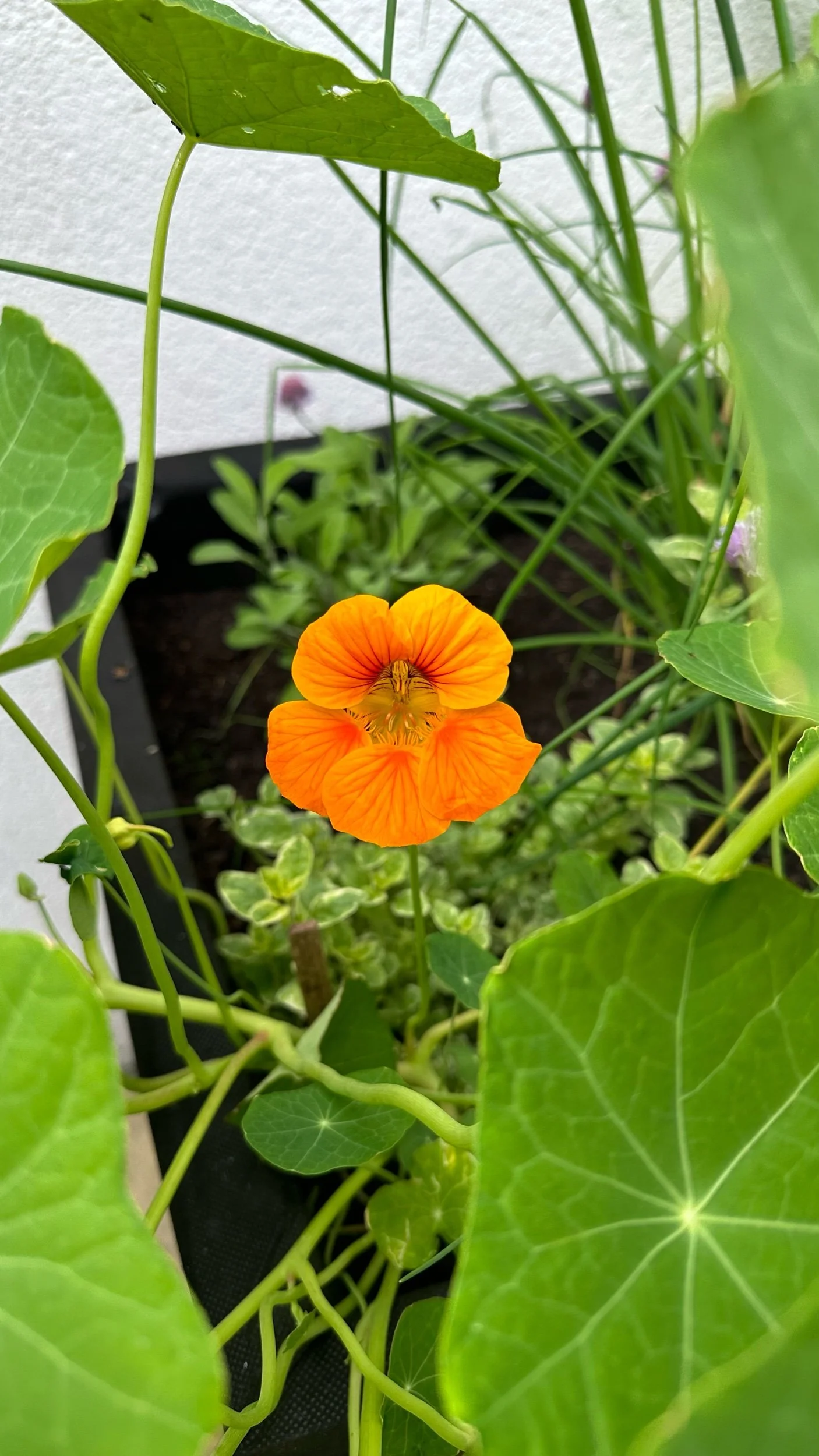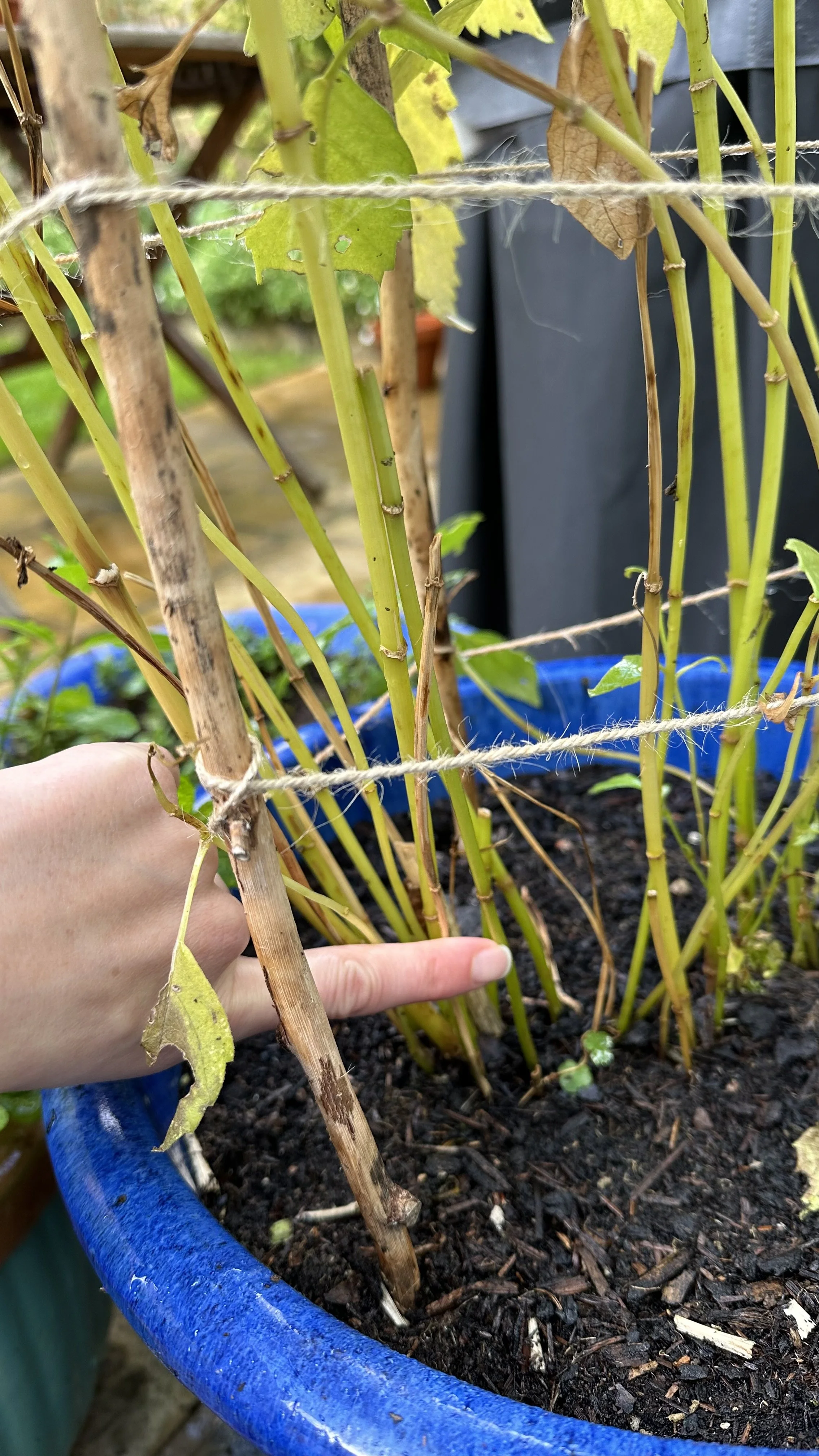Onion Companion Plants: Creating a Natural Ecosystem
This article has links to products that I may make commission from.
As gardeners, we are constantly striving to find sustainable and eco-friendly practices that promote healthy plant growth without relying on synthetic pesticides or fertilizers.
Companion planting is one such practice that can help us achieve this goal.
In this guide, we will explore the concept of onion companion plants and how it can benefit your organic garden.
Companion planting is a gardening technique that involves growing different plant species in close proximity to each other to create a mutually beneficial relationship.
When carefully planned and executed, companion planting can enhance plant health, increase yields, and naturally deter pests, making it an ideal approach for organic gardening.
And when it comes to onions, this technique can work wonders in creating a thriving onion garden.
Here we will delve into the world of companion planting with onions and explore the numerous benefits it can bring to your organic garden.
We will discuss how companion planting can help create a natural ecosystem in your garden, where plants work together to support each other's growth and well-being.
By fostering a diverse and balanced ecosystem, we can create a self-sustaining garden that is resilient to pests and diseases, while promoting soil health and biodiversity.
To learn more about growing onions, check out my guide:
To learn more about vegetable companion planting, check out my guides:
Thriving Together: The Best Companion Plants for Swiss Chard
WHAT ARE ONION COMPANION PLANTS?
Companion planting is a gardening technique where different plant species are grown together in a way that benefits each other.
It involves carefully selecting and planting specific plants in close proximity to enhance their growth, deter pests, and promote a healthy garden ecosystem.
Companion planting is based on the idea that certain plants have natural synergies that can support and protect each other, leading to better yields and healthier plants without relying on synthetic pesticides or fertilizers.
When it comes to onions, companion planting can play a crucial role in their growth and health.
The onion family has both friends and foes in the garden.
Certain plants can be beneficial companions for onions, while others can have negative effects on their growth.
For instance, companion plants that are known to have positive effects on onions include carrots, beets, lettuce, and spinach.
These plants can help deter pests, such as onion flies and thrips, that are known to attack onions.
Carrots and beets, in particular, are known to release substances that can help repel pests from onions.
Additionally, onions and carrots are believed to have a mutually beneficial relationship, where they can help each other grow by shading the soil, conserving moisture, and providing support to each other.
On the other hand, there are also plants that are known to be detrimental to onions and should be avoided as companions.
These include members of the Allium family, such as garlic and chives, as they can compete with onions for nutrients and space, and may also be susceptible to similar pests and diseases.
It's best to keep onions and other Alliums separated in the garden.
Companion planting with onions can also help promote biodiversity in the garden, as it encourages the presence of different plant species that attract beneficial insects and pollinators.
This can create a more balanced and natural ecosystem, reducing the need for synthetic pesticides and promoting a healthier garden overall.
To learn more about companion planting, check out my guides:
The Best Onion Companion Plants
Carrots:
Carrots emit a substance called "coumarin" which can help repel pests such as onion fly and carrot fly.
These pests can be detrimental to onions, as they lay their eggs at the base of onion plants, leading to damage and reduced yields.
By intercropping onions with carrots, the strong scent of carrots can help deter these pests and reduce the risk of infestation.
My recommended carrot seeds:
Learn more about growing carrots with my guide:
Beets
Beets are a great companion plant for onions as they do not compete for the same nutrients and can tolerate similar growing conditions.
Beets can help improve soil structure with their taproots and provide shade for onions, helping to reduce weed growth.
My recommended beet seeds:
Learn more about growing beets in my guide:
Cabbage
Cabbage is a good companion plant for onions as it can help repel pests such as cabbage worms and aphids, which can also attack onions.
Additionally, onions can help deter cabbage root flies, which are pests that can damage cabbage plants.
Planting cabbage and onions together can create a mutually beneficial environment where they help each other repel pests.
My recommended cabbage seeds:
Learn more about starting a vegetable garden with my guide:
Lettuce
Lettuce is a cool-season crop that can be grown alongside onions as they have similar growing requirements.
Lettuce is one of those vegetables that can help provide shade and reduce weed growth around onion plants, while onions can help deter garden pests that can attack lettuce, such as aphids.
My recommended lettuce seeds:
For more inspiration, check out my guide:
Spinach:
Spinach is a leafy green vegetable that can be grown alongside onions as they have similar growing requirements.
Spinach can help provide shade and reduce weed growth around onion plants, while onions can help deter aphids that can attack spinach.
My recommended spinach seeds:
For more ideas, check out my guide:
Nasturtiums
Nasturtiums are known to repel pests like aphids, whiteflies, and cabbage worms, which can also attack onions.
Planting nasturtiums as a border or intercropping them with onions can help reduce pest pressure and promote healthy onion plants.
My favorite nasturtium seeds:
Alliums
While onions are part of the Allium family, it's generally not recommended to plant other Allium crops such as garlic, shallots, or leeks in close proximity.
They may compete for resources and potentially suffer from similar pests and diseases, leading to reduced performance of both crops.
Broccoli
Broccoli are not recommended as companion plants for onions as they may attract similar pests like cabbage worms and aphids.
Interplanting them may lead to increased pest pressure and reduced yields for both crops.
Corn
Corn is not considered ideal companions for onions as they have heavy nutrient requirements and may compete for resources.
Planting them too close to onions may result in nutrient depletion in the soil and reduced growth and yields for all crops involved.
Mint
Mint is known for its aggressive growth and can easily overtake nearby plants, including onions.
It's best to avoid planting mint in close proximity to onions to prevent it from crowding out the onions and potentially hindering their growth.
Learn how often to water mint.
For more companion planting tips:
Can Onions be Planted with Tomatoes?
Onions and tomatoes are generally considered compatible as companion plants in the garden.
They can be planted together and may even benefit each other in some ways.
One of the main benefits of planting onions with tomatoes is pest control.
Onions are known to repel certain pests such as aphids, thrips, and onion flies due to their strong odor and sulfur compounds.
These pests can also be harmful to tomatoes, so planting onions nearby may help deter them and reduce pest pressure on tomatoes.
Additionally, onions are considered a good "trap crop" for pests that attack tomatoes.
They can attract pests away from the tomatoes, acting as a sacrificial crop that lures pests away from the more valuable tomato plants.
This can help protect the tomatoes from infestation and damage.
Furthermore, onions can also help improve soil health by releasing organic matter as they grow, which can contribute to better soil fertility and structure.
They can also help deter weeds due to their dense foliage, which can provide a natural mulch to suppress weed growth around tomatoes.
However, it's important to note that planting onions and tomatoes together does not guarantee pest control or other benefits, as the effectiveness of companion planting can vary depending on many factors such as garden location, pest populations, and overall garden management practices.
It's always best to observe and experiment in your own garden to determine what works best for your specific growing conditions.
To learn more about growing tomatoes, check out my tomato growing guides:
Troubleshooting and Best Practices
Companion planting with onions, like any gardening practice, can come with its own set of challenges.
One common challenge is competition for resources, such as water, nutrients, and sunlight, between the companion plants and the onions.
To address this, it's important to choose companion plants that have similar water and nutrient needs as onions, and to space them appropriately to avoid overcrowding.
Proper watering techniques, such as watering at the base of the plants and avoiding overhead watering, can help prevent water competition and minimize the risk of fungal diseases.
Another potential issue in companion planting with onions is pest management.
While companion plants can help deter pests, there may still be instances where pests can infest the onions or the companion plants.
Monitoring the garden regularly for pest activity and promptly addressing any issues, such as handpicking pests or using organic pest control methods, can help prevent pest damage.
Best practices for successful companion planting with onions also include proper soil management.
Onions prefer well-drained soil with a slightly acidic pH, so it's important to prepare the soil properly by amending with organic matter, such as compost or well-rotted manure, and ensuring good drainage.
Avoiding the use of synthetic pesticides and fertilizers in the garden is also crucial for organic gardening and companion planting with onions.
Crop rotation and diversity are important considerations for long-term sustainability in companion planting schemes.
Onions are susceptible to certain diseases and pests, so rotating them with different crops can help break disease and pest cycles, reduce the risk of soil depletion, and promote overall garden health.
Choosing a diverse range of companion plants that offer different benefits, such as pest control, nutrient cycling, and soil improvement, can also contribute to a more resilient and sustainable garden ecosystem.
By addressing potential challenges, following best practices for soil management, pest control, and crop rotation, and promoting diversity in companion planting schemes, successful and sustainable onion companion planting can be achieved.
It's important to observe and learn from the garden over time, and make adjustments as needed to create a thriving and harmonious ecosystem in the garden.
Want to learn more about the power of companion planting? Check out my guides:
The Best Spinach Companion Plants
THE BASICS OF ORGANIC ONION GARDENING
Onions are a popular and versatile vegetable that can be easily grown in home gardens.
Onion cultivation typically starts with planting onion sets or seeds in well-drained soil with full sun exposure.
Onions prefer loose, fertile soil with a pH between 6.0 and 7.0.
Check out my guide to The Best Compost for Vegetable Gardens.
The planting depth and spacing depend on the onion variety and desired bulb size, but generally, plant onions about 1 inch deep and 4-6 inches apart, while seeds are sown about 1/4 inch deep and 2-4 inches apart.
Onions require consistent moisture, especially during bulb formation, but care should be taken to avoid overwatering, as it can cause bulb rot.
Mulching around onion plants can help retain moisture, suppress weeds, and regulate soil temperature.
Check out my guide: The Best Alternatives to Traditional Mulch for Your Garden.
As onions grow, they require regular fertilization with organic matter, such as compost or well-rotted manure, to provide essential nutrients for healthy growth.
Nitrogen, phosphorus, and potassium are particularly important for onion development.
Onions also benefit from supplemental feeding with a balanced organic fertilizer during the growing season.
It's essential to follow the recommended application rates and avoid excessive fertilizer use to prevent burning the onion plants.
Here is my recommended fertilizer for onions:
Weeds should be managed through regular cultivation and mulching to reduce competition for nutrients and water.
Hand pulling or hoeing weeds can be effective, but care should be taken not to damage the onion bulbs or roots.
Mulching with straw, shredded leaves, or other organic materials can help suppress weeds and conserve soil moisture.
Onions typically take several months to reach maturity, and the time to harvest depends on the desired size and use of the onions.
As the onion tops start to yellow and fall over, it's a sign that the bulbs are reaching maturity.
The bulbs can be gently lifted from the soil using a fork or by hand, and then left to dry in a well-ventilated area for a few weeks to cure.
Once the outer layers of the bulb are dry and papery, the onions can be cleaned, trimmed, and stored in a cool, dry place for long-term storage.
Companion planting with onions in organic gardening offers numerous benefits, including natural pest control, nutrient cycling, improved soil health, and overall garden resilience.
By promoting biodiversity, attracting beneficial insects, and utilizing trap crops and cover crops, companion planting can create a balanced and diverse ecosystem in the garden that supports the health and vitality of onions and other plants.
Every garden is unique, and trying different companion plants and observing their effects can be a really rewarding experience.
It's important to document and learn from the successes and challenges encountered in companion planting to refine and improve gardening practices.
For those that who want to delve deeper into the topic of companion planting and organic gardening, there are numerous resources available.
Some recommended references and further reading on this topic include:
Carrots Love Tomatoes by Louise Riotte:
The Vegetable Gardener's Bible by Edward C. Smith:
Rodale's Basic Organic Gardening by Deborah L. Martin:

















